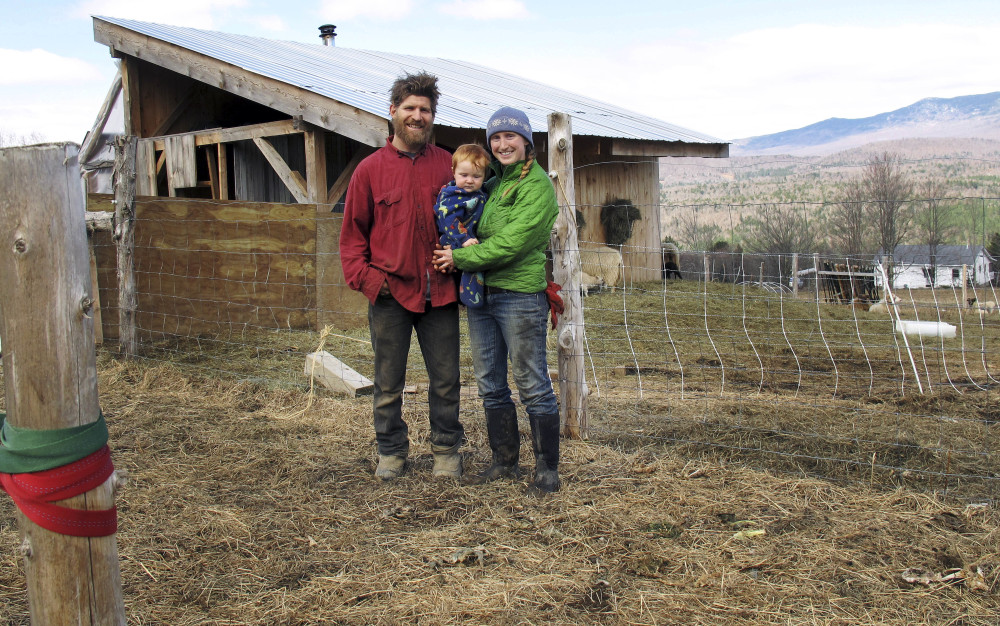MONTPELIER, Vt. — When people conjure up an image of a typical Vermont farmer, they most likely think of a middle-age white man on a dairy farm. But the state’s farming community is now made up of a more diverse population farming more than just dairy cattle, and the University of Vermont and several partners plan to update that image.
The university and its partner groups have earned a three-year $90,000 grant from the National Endowment for the Humanities that requires them to raise the same amount to tell the story of Vermont’s diverse farming community, with more women, young farmers and new Americans now involved.
“Many are female; they vary in age, ethnicity and race; and they produce a wide range of agricultural products,” said UVM anthropology professor Luis Vivanco, co-director of the university’s Humanities Center. “The goal of the grant is to tell the story of this changing dynamic in an engaging way that brings people together.”
The most recent U.S. agriculture census, done in 2012, found that the average age of a Vermont farmer was 57 years old, up from 56 five years before. The census, done every five years, also showed a 30 percent jump in the number of young farmers, a 17 percent increase in the number of farms operated by women and a small increase in the number of farming operations owned by racial minorities in Vermont, according the state Agriculture Agency.
Linda Berlin, director of UVM’s Center for Sustainable Agriculture, the grant’s lead partner, said she believes the average farmer age is changing.
“There’s so many young people going into farming, and so my assumption is that in Vermont that number has to be transforming, but I don’t know for a fact what we’ll see from the 2017 census,” she said.
The Vermont Historical Society, the Vermont Folklife Center and the Vermont Farm to School Network also are involved in the project, called Who Farms?
The partners plan to document the oral histories of eight Vermont farmers from different backgrounds and areas of the state who vary in age, gender, racial background and farming sectors and develop digital stories to share with communities.
Aspects of the farmers’ stories also will be included in comic books targeted toward middle school students who are part of the Farm to School Network, which works to improve nutrition among children by connecting farmers to area schools.
Send questions/comments to the editors.



Success. Please wait for the page to reload. If the page does not reload within 5 seconds, please refresh the page.
Enter your email and password to access comments.
Hi, to comment on stories you must . This profile is in addition to your subscription and website login.
Already have a commenting profile? .
Invalid username/password.
Please check your email to confirm and complete your registration.
Only subscribers are eligible to post comments. Please subscribe or login first for digital access. Here’s why.
Use the form below to reset your password. When you've submitted your account email, we will send an email with a reset code.